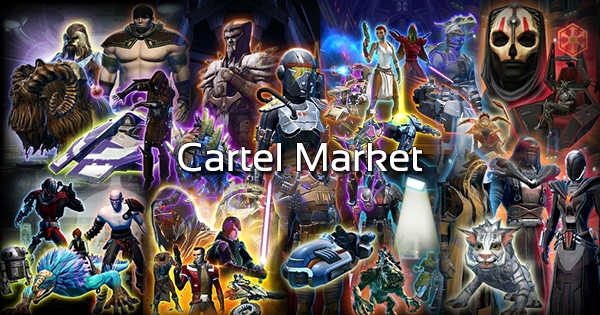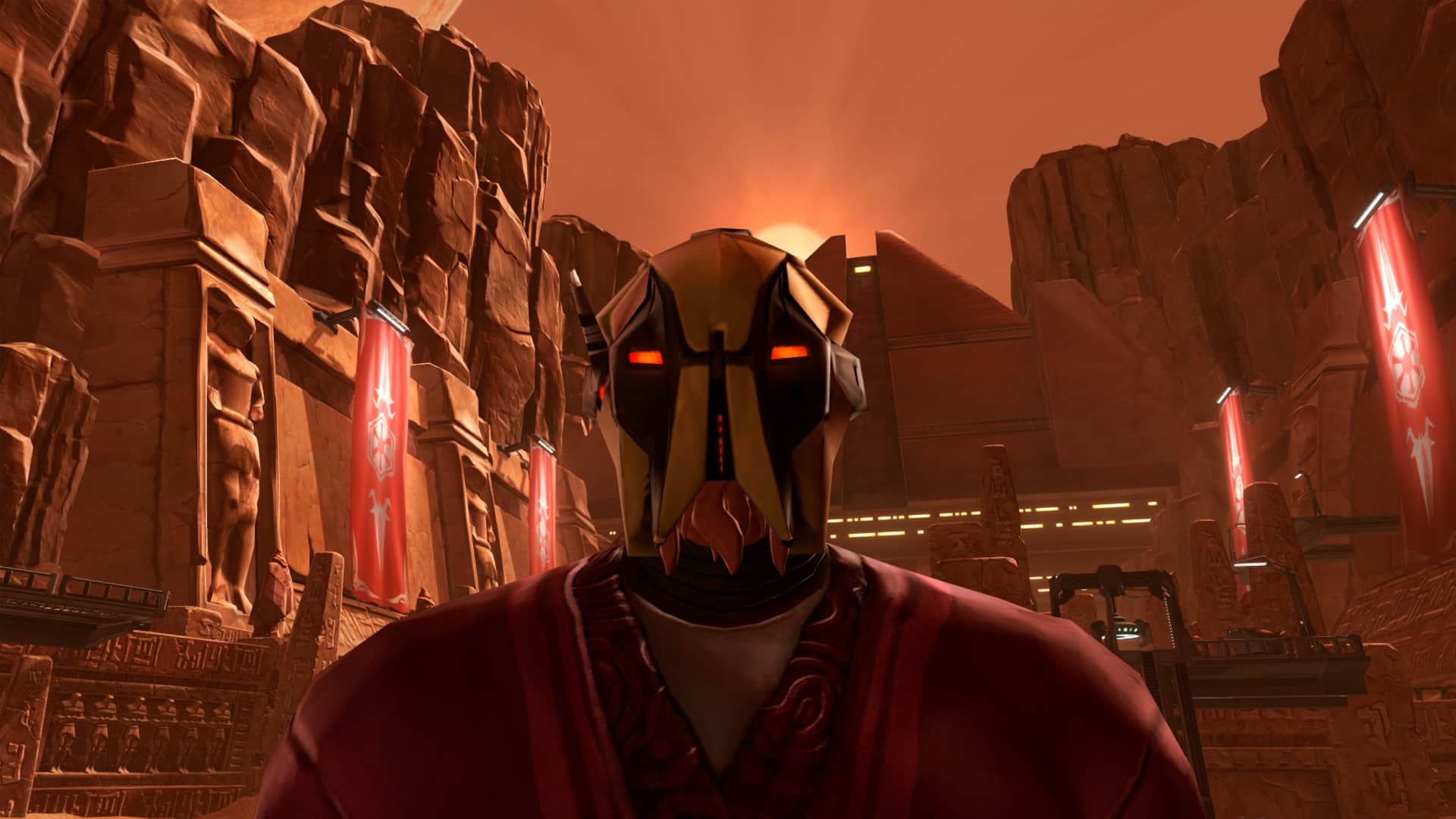The inclusion of gambling-like mechanics in Massively Multiplayer Online Role-Playing Games (MMORPGs) such as Star Wars: The Old Republic (SWTOR) has sparked a significant debate about the ethical implications of such practices. This article aims to explore the ethical dimensions of these mechanics, focusing on issues of responsibility, potential exploitation, and the broader moral implications.
Responsibility and Accountability
One of the primary ethical concerns surrounding gambling in SWTOR is the question of responsibility. Game developers have a duty to ensure their games are enjoyable and safe for players. When gambling-like mechanics are introduced, there is a risk of players developing unhealthy gaming habits or even gambling addictions. Developers must consider the potential harm and implement safeguards to prevent exploitation, such as setting limits on gambling activities or providing warnings about the risks involved.
Potential for Exploitation
The potential for exploitation is another significant ethical concern. In SWTOR, players can spend real-world money to purchase in-game currency, which can then be used in gambling activities. This can lead to a situation where players feel compelled to spend more money than they can afford, in the hope of winning rare items or gaining an advantage in the game. This ‘pay-to-win’ model can be seen as exploitative, particularly when younger or more vulnerable players are involved.
Moral Implications
The moral implications of gambling in SWTOR and similar games are complex and multifaceted. On one hand, these mechanics can add an element of excitement and unpredictability to the game, enhancing the player experience. On the other hand, they can also lead to negative outcomes, such as financial hardship, addiction, and social isolation.
Furthermore, there is a question of whether it is morally acceptable to simulate gambling in a game that is accessible to minors. While SWTOR is rated for players aged 13 and up, the inclusion of gambling-like mechanics could be seen as normalizing gambling behavior among a younger audience.
Conclusion
In conclusion, the inclusion of gambling-like mechanics in SWTOR raises important ethical questions. While these mechanics can enhance gameplay, they also carry risks and potential negative consequences. Game developers have a responsibility to consider these ethical implications and take steps to mitigate potential harm. This could involve implementing safeguards, providing clear information about the risks involved, and ensuring that the game remains fair and enjoyable for all players.
Frequently Asked Questions (FAQ)
Q1: What are the ethical concerns of gambling in MMORPGs like SWTOR? A: The ethical concerns include the potential for exploitation, especially of younger or more vulnerable players, the risk of promoting unhealthy gaming habits or gambling addictions, and the moral implications of simulating gambling in a game accessible to minors.
Q2: How can gambling in SWTOR lead to exploitation? A: Players can spend real-world money to purchase in-game currency, which can then be used in gambling activities. This can lead to a situation where players feel compelled to spend more money than they can afford, in the hope of winning rare items or gaining an advantage in the game.
Q3: What is the ‘pay-to-win’ model in MMORPGs? A: The ‘pay-to-win’ model refers to a situation where players can gain significant advantages in a game by spending real-world money, often leading to an imbalance in the game dynamics and potentially exploiting players.
Q4: How can game developers address the ethical concerns of gambling in MMORPGs? A: Developers can implement safeguards such as setting limits on gambling activities, providing warnings about the risks involved, and ensuring that the game remains fair and enjoyable for all players.
Q5: Is it morally acceptable to include gambling-like mechanics in games accessible to minors? A: This is a complex issue with differing opinions. Some argue that it normalizes gambling behavior among a younger audience, while others believe it can be acceptable if implemented responsibly with appropriate safeguards.
Q6: Can gambling in MMORPGs lead to real-world financial hardship? A: Yes, if players spend more real-world money than they can afford on in-game gambling activities, it can lead to financial hardship.
Q7: Can gambling in MMORPGs lead to addiction? A: Yes, there is a risk that players could develop unhealthy gaming habits or even gambling addictions due to the inclusion of gambling-like mechanics in these games.
Q8: How can players protect themselves from the potential negative impacts of gambling in MMORPGs? A: Players can set personal limits on their spending and time spent on gambling activities, seek support if they feel their gaming habits are becoming unhealthy, and stay informed about the risks involved.







